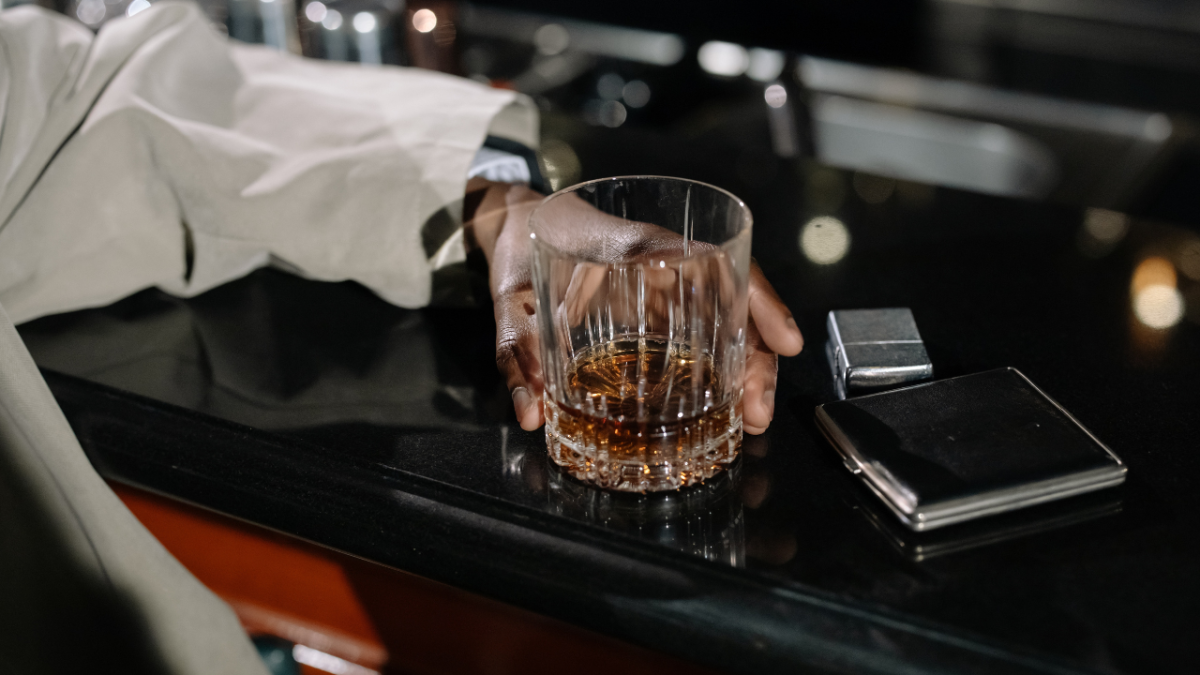
Drink spiking is something all young girls are warned about, taught in high school to protect ourselves against, see on TV and hear about in horror stories from friends of friends of friends. No one ever wants to get any closer to it than these peripheral experiences. But it’s been back in the news in recent months, particularly in Victoria.
Just 16 drink spiking offences were officially recorded in Victoria in the five year period between 1 January 2016 and 31 December 2020. But in the last six months, police have investigated 10 drink spiking cases in the regional Victorian town of Bendigo alone. There was also a case of eight women presenting to hospital with drink spiking symptoms on a single night in December 2021 after having all attended the same venue on Melbourne’s Chapel St.
A Victoria Police spokesperson told PEDESTRIAN.TV the official numbers didn’t reflect information that is passed on by the public to police around alleged spiking (that is, cases unconfirmed by medical professionals).
“We’re certainly getting more calls about it,” Hayley Foster, CEO of sexual violence counselling organisation Full Stop Australia, told PEDESTRIAN.TV.
“But we’re not sure whether that’s because there’s an increase in prevalence or whether it’s actually that more and more people are recognising it and feeling comfortable and ok about reaching out for support.”
Foster said drink spiking is incredibly common but real numbers are like *much* higher than reported for a couple of reasons. Firstly, because the victim’s blood or urine must be tested as soon as possible to confirm a drug spiking. Basically anyone who doesn’t go to hospital on the night will probably never be able to confirm whether the drink was spiked or the drugs used.
Another reason numbers go underreported is fear of not being believed, trauma and shame.
Foster said many of Full Stop’s clients, most of whom have experienced sexual assault as a result of spiking, decide not to report the incident to police due to trauma.
“It can be one of the most traumatic experiences someone can experience,” she said.
“We internalise it and think, ‘oh I should’ve been more careful, if only I’d done this, that or the other’.”
In Australia four out of five victims of drink spiking on record are women and half are under the age of 25. Around 30 per cent of reported cases of drink spiking also involve sexual assault.
“The whole point of drink spiking is to reduce a person’s ability to resist,” Foster said.
“I think it’s really important that we recognise that this is really serious and it is really common and expected that people will have trauma impacts as a result of that.”
How do you know if your drink has been spiked?
The drugs most commonly used to spike drinks are Rohypnol (roofies), GHB and ketamine, none of which have a smell or taste so can go unnoticed in drinks. The Australia Alcohol and Drug Foundation (ADF) says common symptoms to look out for are:
- feeling dizzy or faint
- feeling nauseous or sleepy
- feeling drunk (even if you’ve only had a couple of drinks or no other drugs)
- passing out
- vomiting
What should you do if you think you’ve been spiked?
Immediately tell your friends and get to a safe place, whether that’s outside or to an area of the venue where your friends or venue staff can look after you.
If you’re feeling unwell in any way — dizzy, faint, vomiting etc — go to the hospital. Doctors in the emergency department will not only be able to look after you but will be able to run tests to identify exactly what is in your system. Remember, EDs in public hospitals are free and you won’t get in trouble with police if drugs are found in your system.
In an emergency, call triple zero (000).
Drink spiking is traumatising. What are the long-term support options?
Foster says trauma-specialist counselling and care is really important. Full Stop is just one of many support and recovery providers that can offer these services, just call 1800 385 578.
Counselling can help survivors re-engage with social settings and teach people — even those who aren’t victims themselves — safe practises.
“When we talk about what people can do it should never really be the responsibility of an individual to prevent it from happening to themselves. That’s where the victim-blaming comes in,” Foster said.
“But we can practise safety strategies such as agreeing with friends to look out for each other and watching each other’s drinks and not pressuring each other to take more drinks and drugs.”
Melbourne has one of the richest and most cherished club cultures of any city in the world and our clubs and music venues are precious. At the end of the day, it’s up to everyone — punters, bystanders, venue management, staff and police — to help keep venues safe and fun.
“People should be able to go out and have a good time without the threat of assault,” Foster said.
Help is available.
If you require immediate assistance, please call 000.
If you’d like to speak to someone about sexual violence, please call the 1800RESPECT hotline on 1800 737 732 or chat online, or call Full Stop on 1800 385 578.
Under 25? You can reach Kids Helpline at 1800 55 1800 or chat online.



